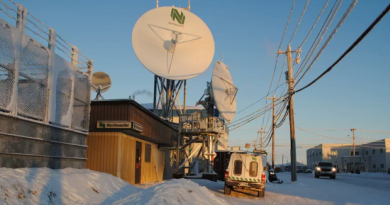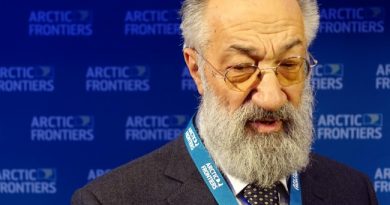Ireland and the Arctic: Why observer status on the Arctic Council may be the country’s next move
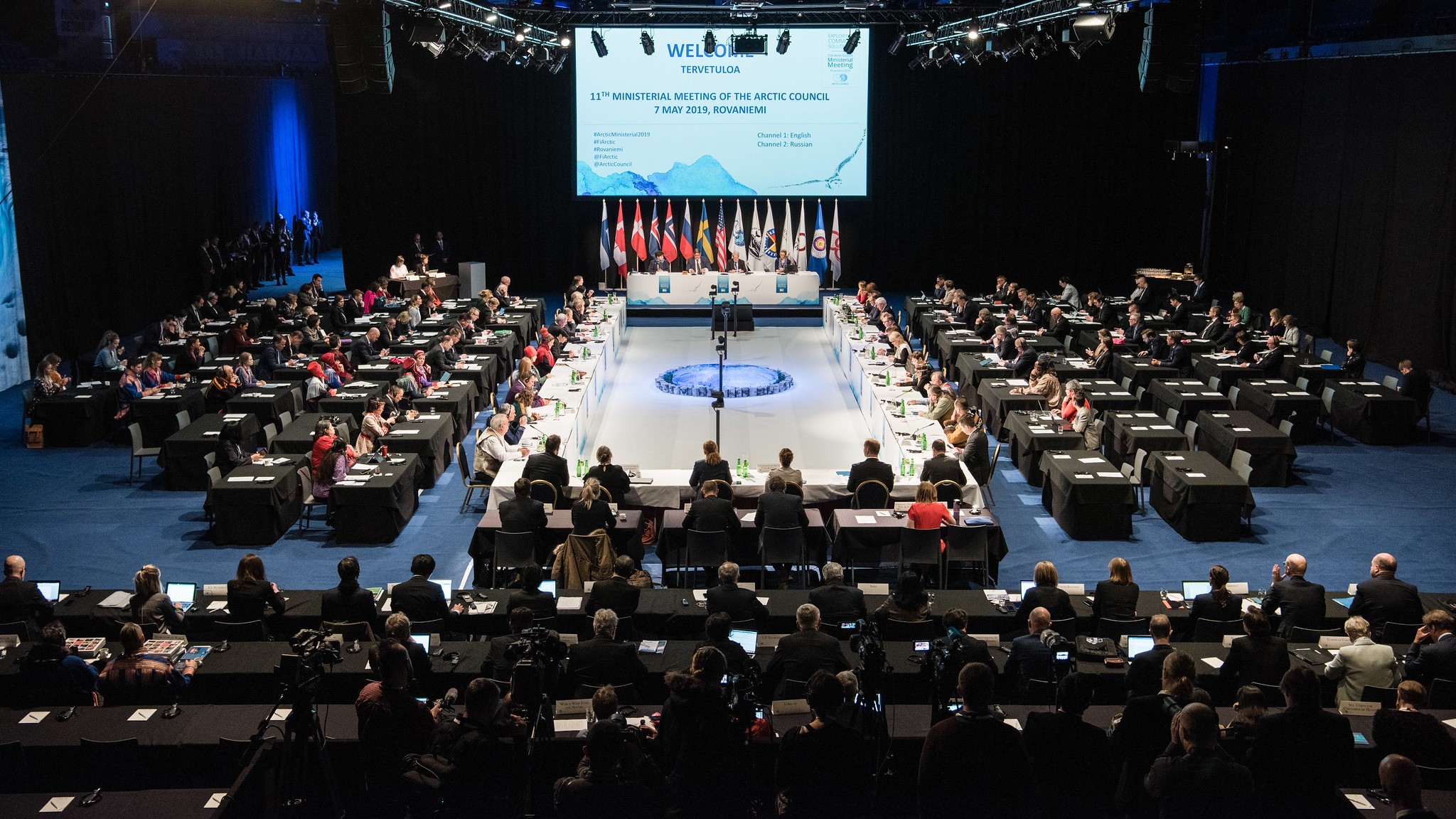
Ireland is the latest non-Arctic country interested in becoming an Arctic Council observer state, with a final decision on whether to move ahead with the process coming later on this year.
Interest from the global community in Arctic affairs continues to increase as climate change transforms the North. The Arctic Council is an international forum made up of the world’s eight circumpolar nations and six Arctic Indigenous groups, referred to as permanent participants.
The Arctic Council has to date approved 13 non-Arctic states, 13 intergovernmental and interparliamentary organizations; and 12 NGOs as observers to the forum’s work.
And while Ireland’s interest in the Arctic may raise a few eyebrows initially, John Boylan, Deputy Head of Mission at the Embassy of Ireland in Ottawa, says the country’s interest in the future of the North is directly linked to the climate challenges faced by the island nation.
“There’s growing international interest in the environmental and strategic importance of the Arctic, but for us, it’s very much about the environment,” Boylan said in an telephone interview with Eye on the Arctic from Ottawa.
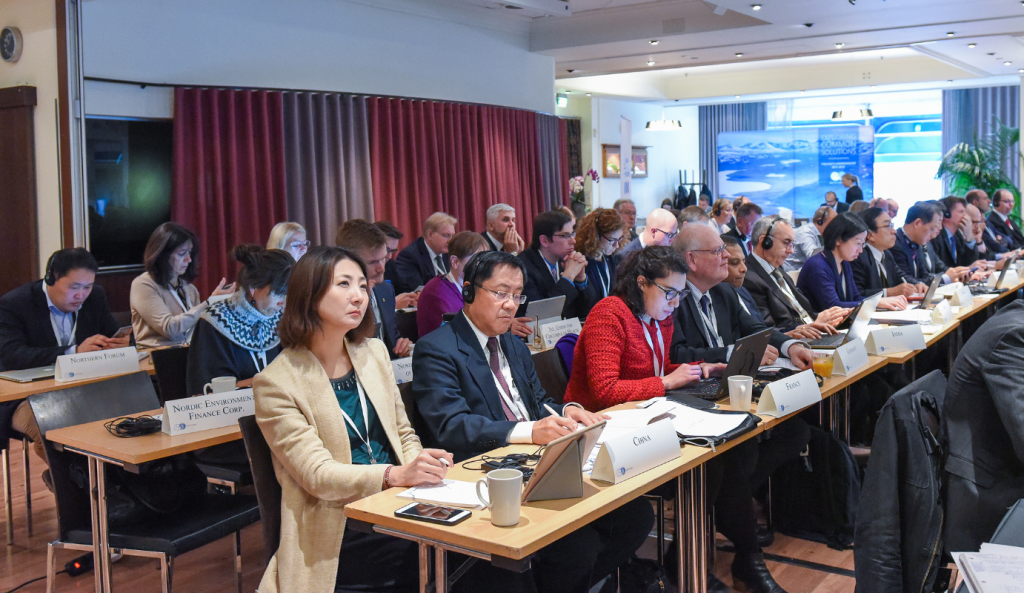
Year formed: 1996
Arctic Council Members: Canada, Denmark (Greenland), Finland, Iceland, Norway, Sweden, Russia, United States
Permanent Participants: Aleut International Association, Arctic Athabaskan Council, Gwich’in Council International, Inuit Circumpolar Council, Russian Association of Indigenous Peoples of the North, Saami Council
Current Chair: Iceland (2019-2021)
“Melting ice has repercussions all over the world, and the effects will have a huge impact on Ireland,” Boylan said.
“Sea levels could rise up to 20 feet, and if that happens, coastal Ireland would disappear. So decisions made in the Arctic are important and we certainly want to be at the table.”
Irish Arctic marine expertise
Arctic Council observer entities must fulfill a number of requirements, including the recognition of the Arctic states’ sovereignty and respect for the “values, interests, culture and traditions of Arctic Indigenous peoples.”
Observers are also required to demonstrate prior Arctic expertise that could contribute to the Arctic Council’s work, as well as a political and financial ability to support the work of the permanent participants.
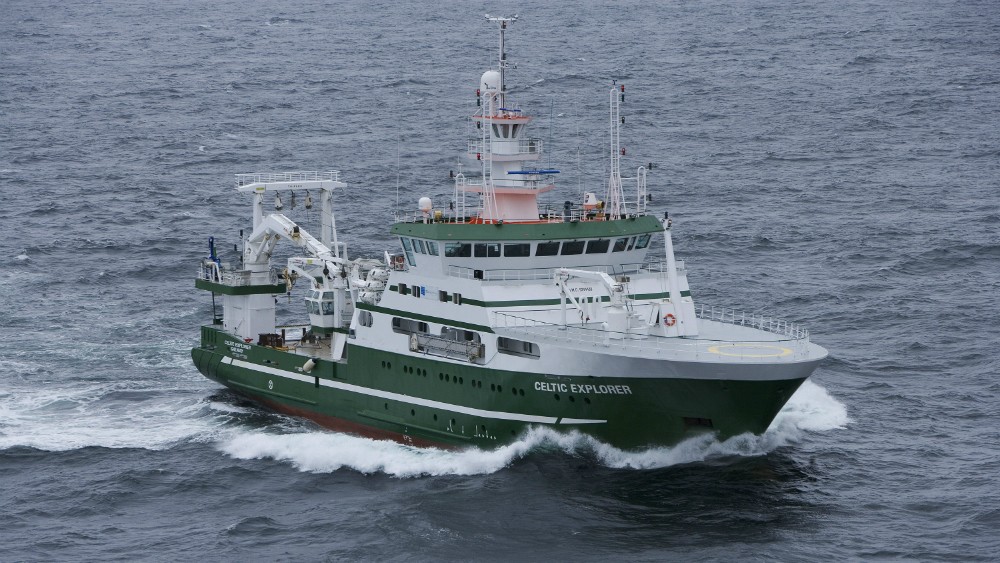
Boylan says Ireland’s maritime expertise like the Marine Institute, the state agency for marine research and technology; and the establishment of the Network of Arctic Researchers in Ireland (NARI) in February to facilitate collaboration on Arctic-related scientific activities, are examples of the kinds of expertise Ireland could bring to the forum.
Ireland’s Department of Foreign Affairs is currently undergoing a mapping exercise, hashing out how Irish expertise would be able to contribute to the Arctic Council’s work on a sustained and ongoing basis.
Once completed, they’ll make a recommendation to government on whether to go ahead with the application.
The work was expected to be completed earlier this year but was derailed by the COVID-19 pandemic.
The final recommendation is expected in the next months, and depending on the government’s final evaluation, Ireland could submit their application in time for a decision the next Arctic Council ministerial in May 2021.
Write to Eilís Quinn at eilis.quinn(at)cbc.ca
Related stories from around the North:
Canada: The Arctic Council Ministerial could have been worse, Blog by Heather Exner-Pirot
Denmark: New guideline launched for Arctic-specific risk assessment in shipping, Eye on the Arctic
Finland: Finnish PM stresses importance of Arctic Council for region’s stability amidst climate change, Yle News
Iceland: Arctic Council group lobs GPS-bugged capsules into Atlantic to track litter trajectories in the North, Eye on the Arctic
Norway: Arctic Council creates new expert group on nuclear emergencies: , The Independent Barents Observer
Russia: U.S., Russia thwarting black carbon reduction efforts in Arctic, says Finland, Eye on the Arctic
Sweden: Arctic Council wants to up youth engagement on North, Eye on the Arctic
United States: Inuit from Alaska, Canada, Greenland & Russia condemn U.S. torpedoing of Arctic Council declaration, Radio Canada International

